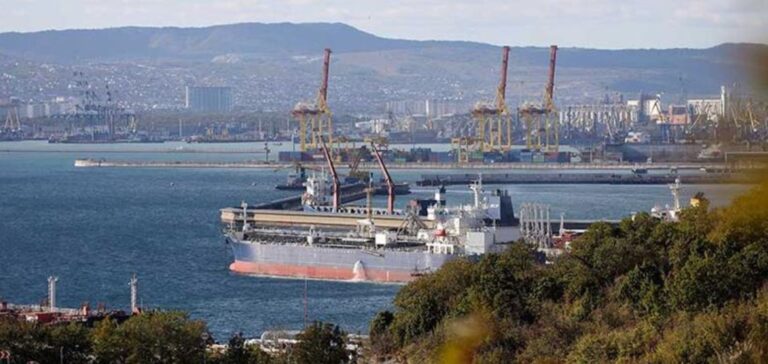Since the European Union imposed a total embargo on Russian oil products in February 2023, Russia has redirected its exports mainly to Asia. This reorientation has enabled countries like China and India to benefit from lower fuel oil and VGO prices, replacing the more expensive Urals barrels. In May, direct shipments of fuel oil and VGO from Russian ports to India rose to 0.7 million tonnes, compared with 0.6 million the previous month. Fuel oil shipments to China also increased, rising to around 520,000 tonnes in May from 450,000 tonnes in April.
Flows to other regions
Exports of dirty petroleum products to Saudi Arabia doubled in May, reaching 430,000 tonnes. This fuel oil is used to generate electricity during the warm season. By contrast, Russian fuel oil shipments to the Ain Sukhna terminal in Egypt fell to 200,000 tonnes, compared with nearly 500,000 tonnes in April. Deliveries of VGO and fuel oil to Malaysia rose to 320,000 tonnes, compared with 190,000 tonnes in April, while exports to Fujairah fell slightly from 60,000 to 90,000 tonnes. In addition, some 450,000 tonnes of VGO and fuel oil loaded in Russia were transferred by transshipment near Greece and Malta, the majority of these cargoes being destined for Asia.
Outlook and analysis
This export trend reflects not only Russia’s adaptation to European sanctions, but also an opportunity for Asian countries to diversify their energy supplies at lower cost. Asia’s growing energy needs, particularly in India and China, will probably continue to drive these trade flows. Exports to markets such as Saudi Arabia and Malaysia also demonstrate the flexibility and breadth of Russian distribution networks, despite Western restrictions. Looking ahead, it will be crucial to monitor how these trade dynamics evolve, particularly in light of seasonal variations in demand and possible adjustments to international energy policies. The impact of sanctions and economic countermeasures could also play a decisive role in Russian export strategies.
The strategic distribution of Russian exports to Asia and other regions shows significant resilience in the face of geopolitical challenges, while strengthening energy ties with new economic partners.






















